2, February 2018
Southern Cameroons Crisis: Mass graves located in Mamfe 0
The Cameroon military will soon be answering for its crimes in Manyu Division following its actions in that region. It is now emerging that after the government’s military operation in Manyu Division, many residents of the Division’s leading city are talking of mass graves in and around the city. Cameroon Concord News Group West Africa Bureau Chief, Kingsley Betek, who is currently in Mamfe, has gathered that there is a huge mass grave behind the former Council Office which is located just in front of deep valley.
Residents of the area have been advising our correspondent of the eerie sounds and cries of young men being beaten as the military sought to check the “Odeshi Boys” who were chopping down army soldiers sent from Yaounde to come and quell the rebellion in Mamfe.
“We used to see many young men being dragged to that location by angry soldiers. The boys were being maltreated and despite their plea that they were not responsible for the killing of army soldiers, government troops beat them up like animals. I know that many have been killed and dumped behind the former council office located on the way to Banya. I am prepared to testify whenever the international community comes to investigate the crimes committed by the soldiers,” a resident of Mamfe, who elected anonymity, said.
“The army is supposed to protect civilians, but when the troops came here, they beat up everybody for a crime that was committed by a few people. We do not even know those who have been killing the soldiers, but each time that happens, soldiers go on a rampage. They have completely destroyed Kembong and other surrounding villages and this makes it hard for us to go to our farms and send our children to school. It is like they are instead helping to enforce ghost town operations here,” the angry resident of Mamfe added, stressing that “government has to change its strategy. We would not be in this mess if the government had seen things differently.”
“The government does not even seem to see the folly in its actions. Intimidating and killing civilians makes it hard for the civilians to work with the police or gendarmes. For any real security to return to the environment, the government must consider the local population as its ally instead of its enemy,” he stressed.
There are also reports that there are other mass graves on the way to Eshobi, a little town some 40km from Mamfe town where government troops had set up camps, giving the impression that they wanted to construct the road. Many residents are today accusing the government of employing that strategy to hide its evil deeds in the area.
Residents of villages in Manyu Division are still bitter about the military action against them. They accuse the soldiers of having stolen their cocoa, coffee and petrol as they swept through those villages in their search for the young and determined fighters who actually gave the soldiers a run for their money.
It is alleged that huge bags of cocoa and coffee are being stocked at the Besongabang military camp and some soldiers are using this produce to make some fast money. Besides using the conflict as an excuse to enrich themselves, army soldiers are stopping business people from plying their trade in the region. Many rice exporters are being asked to give more than CFAF 2,000,000 as bribe for them to carry their products to Nigeria and this is done with the knowledge of the top military officials in the region. This is not only robbing the people of their revenue, it is also rendering many young men unemployed and these young men are those who are swelling the ranks of the dangerous fighters.
Meanwhile, the fighting in Southern Cameroons has intensified following the extradition of the Ambazonian President, Julius Ayuk Tabe, to Yaounde. Many young Southern Cameroonians have stepped up attacks on soldiers and gendarmes in a bid to express their frustration and anger.
Two gendarmes were attacked on Thursday in the North Western town of Mbingo by masked men, who shot the uniformed officers point blank, killing the male officer on the spot. The female officer is struggling for her life in the town’s main hospital.
In Bangem, a town in the Southwest region of the country, Amba Tigers have been fighting running battles with Cameroon’s military in the city’s downtown core where it is reported that an ELECAM official has been killed alongside some army soldiers. Unconfirmed reports indicate that more than four people have been killed in Bangem since the Tigers showed up to carry revenge attacks against army soldiers following the extradition of Mr. Ayuk Tabe who has become the incontestable poster child of the Southern Cameroons struggle.
It has also been reported that civilians in the town of Bangem are heading out of the town in large numbers to surrounding villages in a bid to seek refuge from army soldiers who have been attacking and killing unarmed and innocent civilians.
Other towns such Pinyin and Batibo in the Northwest region have also witnessed clashes between Ambazonian fighters and government troops. The increasing attacks had been predicted by many analysts and politicians who had posited that the arrest and extradition of Mr. Ayuk Tabe would only exacerbate things as more people would be radicalized.
Many international observers are calling on the government of Cameroon to use this moment to smoke the pipe of peace as military violence and intimidation have not produced the results the government had expected. They contend that the government must change its strategy as the current one is gradually pulling the country towards a bloody civil war that is unnecessary.
It should be recalled that the government of Cameroon which is stuck in the past is using old tactics that had been employed in the 60s against French Cameroon freedom fighters popularly known as Maquisards in the pious hope that the Southern Cameroons population will submit to its will.
Critics point out that it has unfortunately failed to understand that times have changed. People are more educated today and the existence of the Internet have made it hard for such tactics to produce the desired results. Besides, with a huge and prosperous Southern Cameroons Diaspora, it will be hard for the government of Cameroon to obtain an outright victory.
The Diaspora is propping up efforts of the young and determined fighters who sincerely hold that with a little luck they can successfully bring the government of Cameroon to the negotiating table or get Southern Cameroons out of the mess in which short-sighted politicians like Muna and Foncha had dumped the region.
The Southern Cameroons Diaspora will continue to destabilize Cameroon for a long time if the government does not make permanent dialogue a way of life in a country that was hastily stitched together by the United Nations. The Southern Cameroons Diaspora is rich and it has successfully transformed marginalization into a huge opportunity.
The government therefore stands to gain if it changes its policies to recognize the Diaspora as a strategic partner in the country’s efforts to attain sustainable levels of development.
Mr. Biya and his government must now embrace dialogue as the ideal way to pull the country from the brink. From reactions obtained following the arrest and extradition of Mr. Ayuk Tabe, it is obvious that more blood will continue to flow, as Southern Cameroonians are determined to follow through with their threat of splitting the country.
By Kingsley Betek in Mamfe
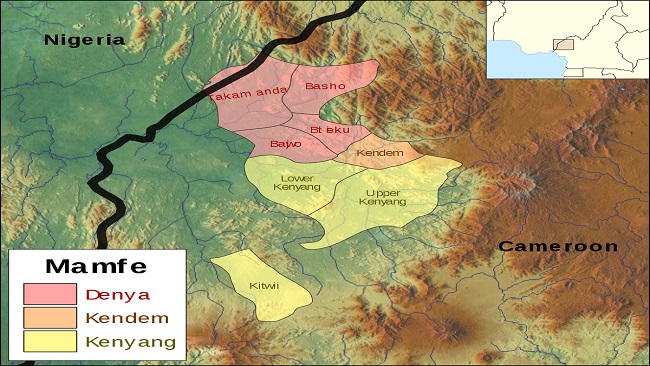
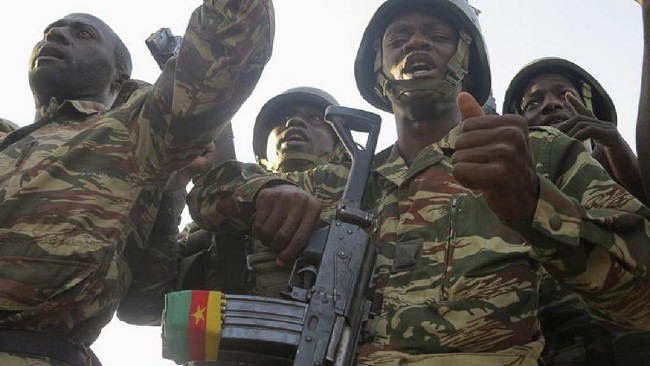
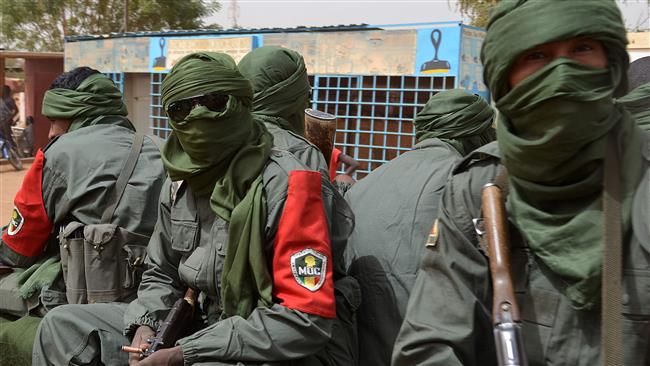
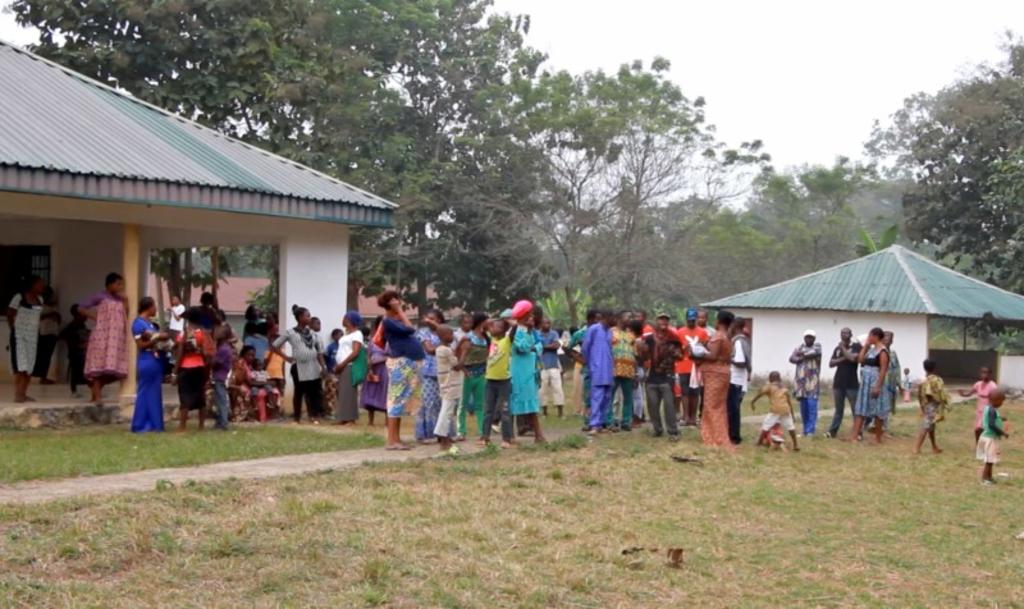

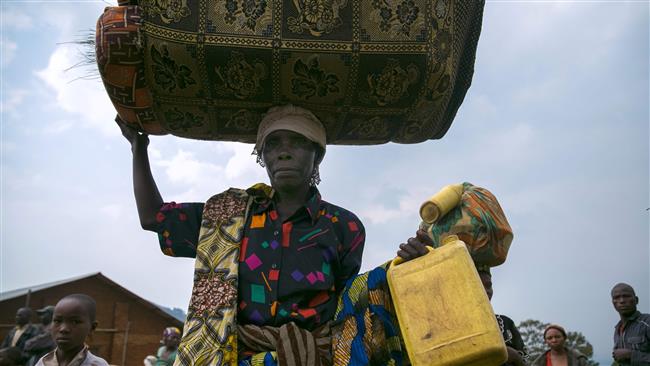

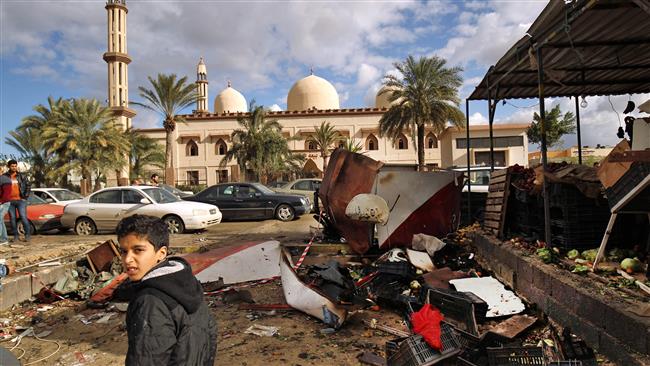














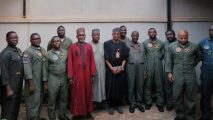




4, February 2018
Falana To Buhari: Bring Back Nigerians Illegally Deported To Cameroon 0
Human rights lawyer, Femi Falana SAN has sent an open letter to President Muhammadu Buhari asking him to “bring back naturalized Nigerians, Refugees and Asylum Seekers who were illegally arrested, detained and deported from to Cameroon on Friday, January 26, 2018 by the National Security Adviser, Major-General Babagana Monguno (retd).”
In the open letter today Falana said “We write this protest letter on behalf of our clients whose names and status are set out in the List of Deportees attached to this letter.”
According to Falana, “Our clients are not illegal immigrants in Nigeria. Three of them are naturalized Nigerian citizens while others are recognized refugees and political asylum seekers in Nigeria.”
The letter read in part: “Twelve of our clients who are the leaders of the people of Southern Cameroon and who have been living in Nigeria for several years were assembled for a meeting at Nera Hotel, Abuja on Saturday, January 6, 2018 to discuss the challenges faced by the over 10,000 Cameroonians who have sought political asylum in Nigeria due to persecution and repression under the Paul Biya regime in Cameroon.”
“But before the commencement of the meeting a team of armed security personnel invaded the venue, abducted our clients and took them away to an undisclosed place. The said abduction was reported by the Premium Times edition of Sunday, January 7, 2018.”
“In spite of the detailed report of the credible online news medium the Police and the security agencies denied knowledge of the abduction of our clients. Consequently, all efforts made by the lawyers, doctors and family members of our clients to visit them in custody were frustrated without any legal justification. Even Mrs. Nalowa Bih who is pregnant was denied medical attention by the National Security Adviser.”
“However, a representative of the Office of the United Nations Commissioner for Refugees in Nigeria was allowed to visit our clients at the request of the Ministry of Foreign Affairs. During the visit, the United Nations representative found that our clients were held in an underground cell at the headquarters of the Defence Intelligence Agency on the orders of the National Security Adviser.”
“On account of the refusal of the National Security Adviser to allow access to our clients by their lawyers, relatives and doctors we filed an application at the Abuja Judicial Division of the Federal High Court on Thursday, January 25, 2018 for the purpose of securing their fundamental rights to personal liberty and freedom of movement.”
“Notwithstanding the pending suit and the intervention of the Office of the United Nations Commissioner for Refugees, the National Security Adviser expelled our clients from Nigeria and deported them to Cameroon on Friday, January 26, 2018.”
“Although the National Security Adviser was ashamed to disclose the deportation of our clients from Nigeria the Government of Cameroon has celebrated the deportation and threatened to prosecute our clients for unspecified crimes. Thus, with the connivance of the National Security Adviser the Government of Cameroon has since held our clients in an undisclosed military custody in Cameroon.”
“Out of the 52 people who were expelled from Nigeria the Government of Cameroon has maintained that the National Security Adviser handed over to it 47 deportees. Up till now, the National Security Adviser has not accounted for the whereabouts of the remaining 5 detainees!”
“The National Security Adviser knew that two of our clients are naturalized Nigerians, six are refugees while 37 others are political asylum seekers who are entitled to be protected by the Federal Government of Nigeria. For the avoidance of doubt, the Office of the United Nations Commissioner for Refugees in Nigeria drew the attention of the National Security Adviser to the legal obligations of Nigeria to respect the rights of our clients.”
“Under the National Security Agencies Act (Cap N74) Laws of the Federation of Nigeria, 2004 and the Immigration Act 2015 the National Security Adviser is not competent to arrest, detain and deport any alien or immigrant from Nigeria to any other country.”
“Since the Government of Nigeria has never violated the provisions of the United Nations Convention Relating to Refugees and the OAU Convention on Refugees by deporting refugees and asylum seekers to any country where they might be persecuted we are compelled to urge Your Excellency to grant the following requests: Order the National Security Adviser to produce the missing 5 deportees and bring back to Nigeria our clients who have been illegally deported to Cameroon without any further delay.”
“If the National Security Adviser is unable to bring back our clients to Nigeria he should be removed from office for such brazen impunity which has exposed Nigeria to ridicule before the comity of law abiding nations. The Federal Government should prevail on the Government of Cameroon not to persecute our clients to prevent the United Nations from sanctioning Nigeria for violating the provisions of the 1951 United Nations Convention Relating to Refugees.”
“You will therefore agree with us that the arrest, detention and deportation of our clients from Nigeria to Cameroon by the National Security Adviser cannot be justified on the following grounds: Based on the appeal by Nigeria for a peaceful resolution of the political crisis in Cameroon the people of Southern Cameroon filed a suit at the Federal High Court to determine whether the people of Southern Cameroon are not entitled to self-determination within their clearly defined territory separate from La Republique Du Cameroun.”
“By a consent judgment delivered by the Court on March 5, 2002, the Federal Government was directed to file a suit at the International Court of Justice to have a judicial confirmation of the human right of the people of Southern Cameroon to self determination. Attached herewith and marked annexure A is a certified true copy of the judgment.”
“The Federal Government also undertook to take other measures as may be necessary to place the case of the people of Southern Cameroon for self determination before the United Nations General Assembly and other international organizations.”
“Even though the suit has not been filed at the International Court of Justice the Federal Government has continued to recognize the human rights of our clients and other people of Southern Cameroon to self determination.”
Source: PMNEWS